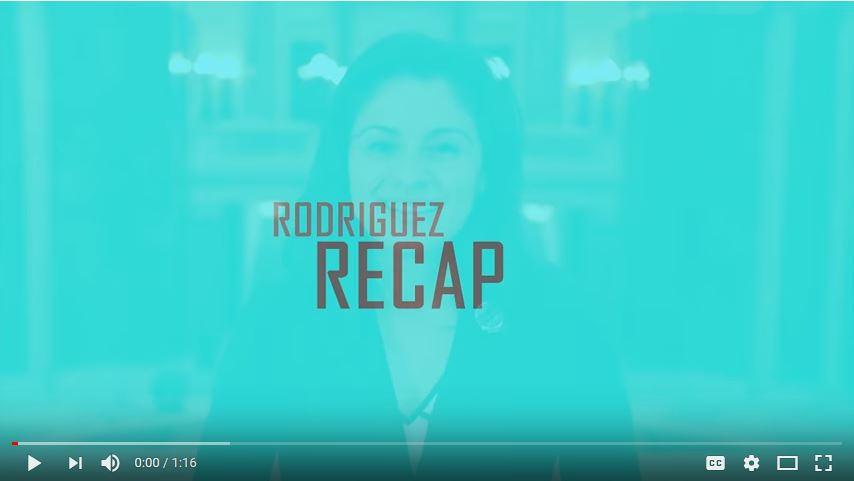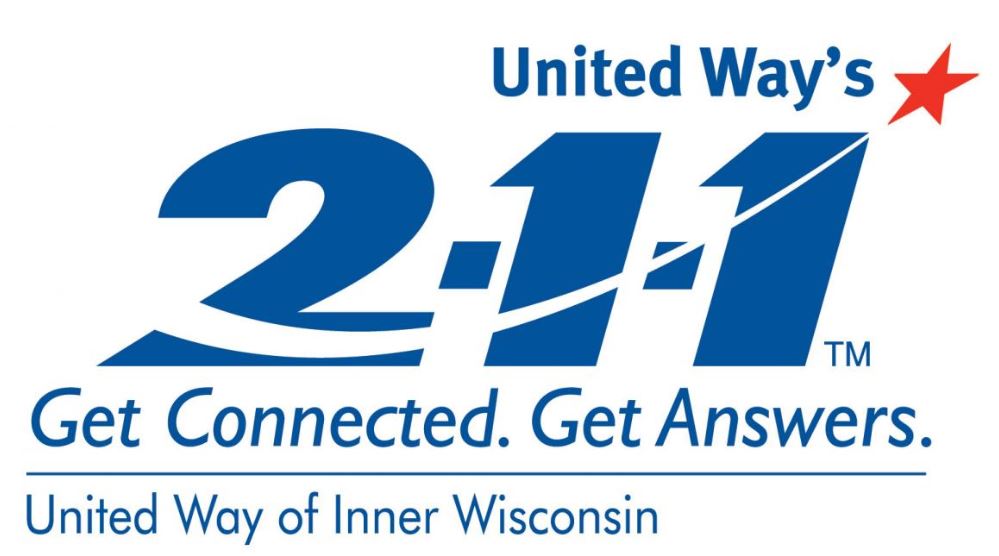The Week in Review
Improving
Resources for Alzheimer's and Veteran's Care

Hello, I’m state Representative Jessie
Rodriguez.
This week the Assembly was on the floor three days in a row voting on a
variety of bills aimed at improving access to healthcare in our state.
One bill provides grants to communities around the state to raise awareness
for Alzheimer’s and dementia resources. By raising awareness, the goal is to
catch these diseases sooner and to ensure family and friends are aware of
the resources available to them while caring for a loved one with either
Alzheimer’s or dementia.
Another bill expands the Veteran’s Outreach and Recovery Program, also known
as VORP, which provides outreach as well as treatment and recovery support
programs for veterans who are homeless and have a behavioral health
disorder. This is a vital program for veterans with a proven track record
that recently lost significant federal funding. To keep the program running
in Wisconsin, the Assembly approved a bill that will provide state funding.
By addressing these issues we are improving access to care for those in our
state who need it most.
Keep an eye out for the next Rodriguez Recap and have a nice weekend!
Funding for Wisconsin 2-1-1
Last week,
included in the package of foster care bills approved by the Assembly, was a
proposal that provides funding for Wisconsin 2-1-1, a public help line that
directs callers to a variety of community services for those in need.
During the foster care public hearings held throughout the state we heard
from a number of experts that explained the benefit of the help line and its
vital importance for at-risk families struggling financially. The 2-1-1 help
line was previously supported with federal funding, however it was recently
eliminated. This proposal backfills lost funding to keep the line open.
The public help line provides a variety services and plays a crucial role in
reducing foster care rates. Connecting families with community based
services such as local food pantries, health care, homeless shelters and
diaper services to name a few, significantly reduces the likelihood of
neglect and child abuse, the most common reasons for removing a child from
the home.

|

